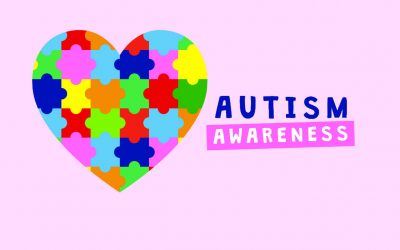Antibody studies show autism link
Abnormal antibodies in maternal blood that bind to fetal brain cells may contribute to the development of autism, according to two new studies from the MIND Institute at the University of California, Davis.
Immunologist Judy Van de Water and her colleagues isolated a form of antibody called “immunoglobulin G,” or IgG, from 61 mothers of autistic children and found that in seven cases, it bound to two proteins in fetal brain tissue.
Six of those mothers had children with regressive autism, in which children appear to develop normally for the first year or two before developing symptoms such as loss of social or language skills.
The team also extracted IgG from 62 mothers whose children were healthy. None of those antibodies was able to bind to the fetal tissue proteins.
The studies’ results will be published in the March issue of the journal NeuroToxicology.
Following up on those findings, behavioral scientist David Amaral of UC Davis and colleagues from the California National Primate Research Center injected four rhesus monkeys with human IgG from mothers of autistic children three times near the end of the first trimester of the monkeys’ pregnancies.
All the offspring of the exposed monkeys demonstrated repetitive behaviors that are analogous to those exhibited by autistic children, such as pacing, back-flipping, twirling and swinging more often and for longer periods of times. The behaviors, called “stereotypies,” became more pronounced after weaning and were more striking when the animals were placed in unfamiliar settings.
Offspring of four female monkeys exposed to IgG from mothers of healthy children showed no such behaviors.
The study “links exposure to abnormal immune system factors during pregnancy with specific behavioral outcomes in offspring,” Amaral said.
The study was published online by the journal Brain, Behavior and Immunity.


